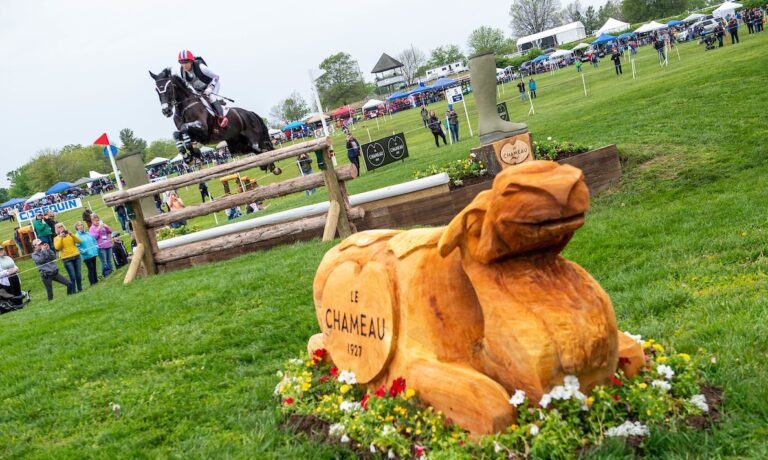Equine herpes virus type 1 is feared for good reason. While this contagious virus usually causes respiratory illness in horses, it can also cause pregnant mares to abort or attack a horse’s nervous system, sometimes with fatal results. Since vaccination isn’t an ironclad defense against the virus, researchers are trying to uncover the mechanisms through which EHV-1 produces its harmful effects. A better understanding of how the virus operates may lead to treatments that protect horses from its most serious consequences.
At Cornell University, clinical pathologist Tracy Stokol, PhD, has been investigating the role of the virus in triggering blood clots. In neurologic EHV-1, clots form in spinal-cord blood vessels and cut off blood flow to nerves, causing cells to die from lack of oxygen. The same process (thrombosis) is a cause of EHV-1 abortion.
In her lab Dr. Stokol has found that EHV-1 virus particles bind with and activate platelets, blood cells that are involved in clotting. Working with a strain of the virus that has caused serious outbreaks of the neurologic disease and a strain known to cause abortion, she discovered that viral particles of both activated platelets within ten minutes. Activated platelets release a protein that causes them to bind to other cells, including cells lining the blood vessels, and a clot begins to form.
Dr. Stokol is digging into the details of the virus-platelet interaction. She hopes to determine if additional clotting proteins are involved, if the virus uses known cell receptors to bind to platelets and if clot-inhibiting drugs such as Plavix and aspirin can stop the virus from activating platelets. That could open the door to treatments that would protect infected horses from EHV-1’s worst effects.
At North Carolina State University, meanwhile, Arthur Frampton, PhD, has been investigating specific factors that allow EHV-1 to enter cells and spread from one cell to the next. Identifying these factors may help in the development of antiviral drugs that can interfere with or even stop the progress of the disease. Dr. Frampton has identified a compound, extracted from certain microscopic marine algae, that may be effective. If it works, it might prevent the virus from affecting a horse’s nervous system.
The Grayson-Jockey Club Research Foundation has helped fund both Dr. Stokol’s and Dr. Frampton’s work.
Practical Horseman.










